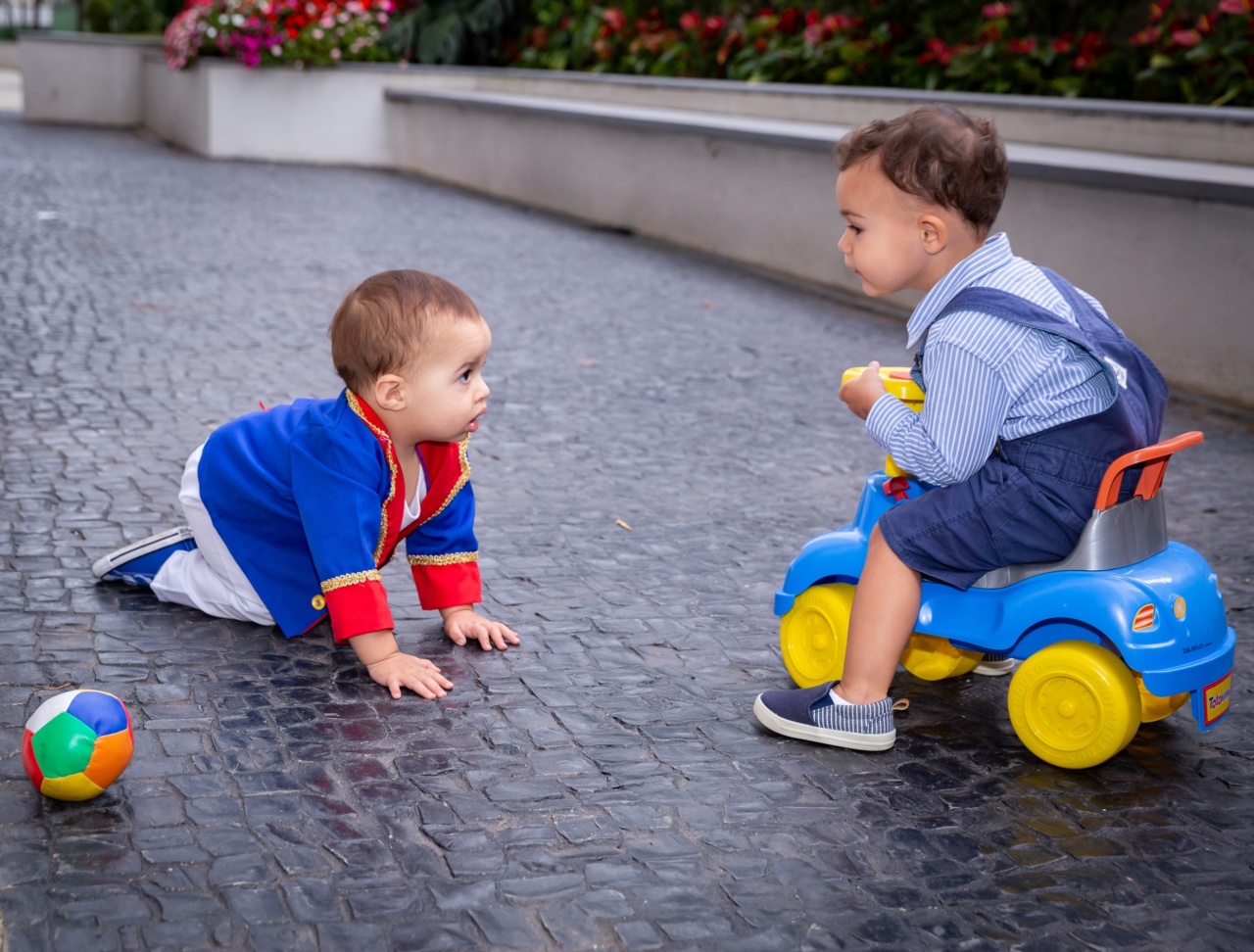Babies are fascinating little creatures who are constantly learning and growing. As parents, we want to know everything there is to know about our babies, and one thing we may wonder is when our infants begin forming memories. .
Memory Development in Infants
Research has shown that infants are capable of forming memories from a very young age.
In fact, some studies have suggested that babies can remember events that occurred even before they were born! These memories are thought to be stored in a part of the brain called the hippocampus. .
As infants grow and develop, their memory abilities also improve. By the age of 6 months, babies can remember events that have occurred up to 24 hours in the past.
By the time they are a year old, they can typically remember things that happened a week ago. .
Types of Memory
There are two main types of memory: short-term memory and long-term memory. Short-term memory refers to the ability to hold onto small pieces of information for a brief period of time.
Long-term memory refers to the ability to remember things over a longer period of time. .
In infants, short-term memory develops first. This is why babies may cry when you leave the room – they remember that you were there and they want you to come back!.
Long-term memory takes a bit longer to develop. It is believed that this type of memory depends on the development of the hippocampus, which continues to grow and change throughout childhood. .
Factors That Influence Memory Development
There are several things that can influence how quickly and effectively a baby’s memory develops. These include:.
1. Genetics
Some researchers believe that a baby’s genetic makeup can play a role in memory development.
For example, one study found that babies with a specific gene variant were better at remembering faces than babies who did not have this gene variant. .
2. Experience
Experience also plays a role in memory development. Babies who experience more varied and stimulating environments may develop stronger and more complex memories than babies who are exposed to less stimulating environments. .
3. Emotion
Emotion can also influence memory development. Babies may be more likely to remember events that are emotionally charged than events that are not.
For example, a baby may remember a time when they were scared or upset more vividly than a time when they were neutral or content. .
4. Sleep
Sleep is also important for memory development. Research has shown that babies who sleep more (and get better quality sleep) may be better at forming and retaining memories than babies who do not get enough sleep or have disrupted sleep patterns. .
How to Help Your Baby’s Memory Development
As a parent, there are several things you can do to help support your baby’s memory development. These include:.
1. Creating a stimulating environment
Provide your baby with plenty of opportunities to explore and experience new things. This can help stimulate their brain and enhance memory development.
Try reading books, playing with toys, taking walks outside, and engaging in other age-appropriate activities. .
2. Encouraging social interaction
Social interaction is also important for memory development. Encourage your baby to interact with other people (including siblings, caregivers, and friends) as much as possible. This can help them develop stronger and more complex memories. .
3. Establishing a consistent routine
Establishing a consistent routine can also help support memory development. Babies thrive on consistency, and having a predictable schedule can help them feel secure and confident.
Try to establish regular feeding and sleeping schedules, as well as consistent play and activity times. .
4. Getting enough sleep
Finally, make sure your baby is getting enough sleep. As we’ve discussed, sleep is important for memory development. Aim for age-appropriate amounts of sleep, and try to establish a consistent sleep routine. .
Conclusion
Babies are capable of forming memories from a very young age, and their memory abilities continue to develop and improve throughout childhood.
Genetics, experience, emotion, and sleep can all play a role in memory development, and there are several things parents can do to support their baby’s memory development, including creating a stimulating environment, encouraging social interaction, establishing a consistent routine, and ensuring their baby gets enough sleep. .































